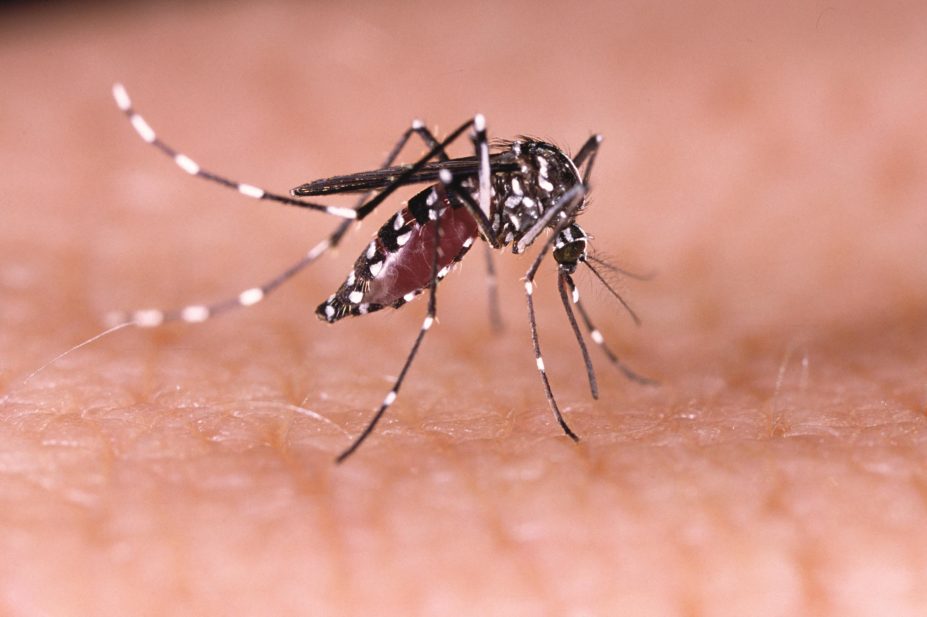
Shutterstock.com
Five people in Scotland have been diagnosed with Zika virus infection, the Scottish government has confirmed.
Since the outbreak began in Brazil in 2015, 60 people have been diagnosed with Zika virus infection in the UK. All of them had returned from overseas. Only these five cases have been found in Scotland.
A spokesperson for the Scottish government said: “We can assure the public that Zika does not pose a public health risk in Scotland, and of the cases identified in the UK a very small number have been found in Scotland.
“The mosquito that spreads the virus is not found in the UK, and in any case would not be able to establish in Scotland because of our climate.”
Health Protection Scotland advises healthcare professionals to be alert to the possibility of Zika infection in people with fever who have recently returned from Zika-affected areas or who have a sexual partner who has returned from one of these areas in the previous eight weeks. They say this is particularly important in women of childbearing age who are, or could be, pregnant.
Health Protection Scotland issues updated travel health guidance to healthcare professionals via the Travax website. The Scottish government spokesperson adds: “We have already informed the at-risk groups about the risks and how to protect themselves through Health Protection Scotland’s travel advice. We continue to closely monitor developments in our understanding of the Zika virus as treatments and testing regimes develop.”
Three vaccines in development have proven to be effective against Zika in primate models, with data published in Nature
[1]
and Science
[2]
.
There have been more than 500,000 suspected or confirmed Zika cases in affected regions during this outbreak, predominantly in south and central America and the Caribbean. The virus is usually thought to be mild and does not result in symptoms in the majority of people, but it has been linked to the development of microcephaly in babies born to women infected with the virus. Most cases have been spread via Aedes mosquitoes and a small but growing number have been attributed to sexual transmission.
References
[1] Larocca RA, Abbink P, Peron JPS et al. Vaccine protection against Zika virus from Brazil. Nature 2016. doi: 10.1038/nature18952
[2] Abbink P, Larocca RA, De La Barrera RA, et al. Protective efficacy of multiple vaccine platforms against Zika virus challenge in rhesus monkeys. Science 2016. doi: 10.1126/science.aah6157


